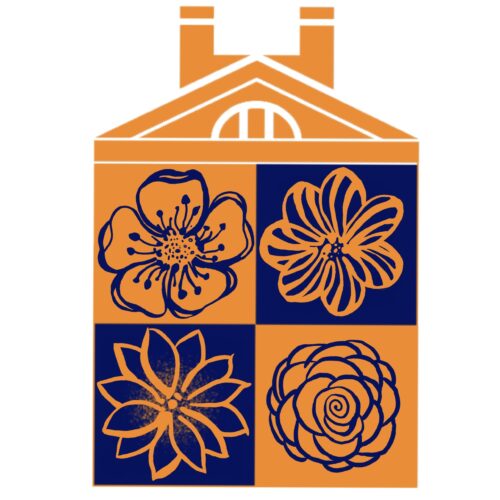Phillips Brooks House Association’s (PBHA) Parlor Room buzzed with lively discussion as students gathered for this year’s Community Cabinet. Held on March 27, this event is the only time of the year when PBHA’s program directors, officers, volunteers, and staff all meet in the same room with leaders from several partner organizations. PBHA invites partners from outside the Harvard community to discuss civic engagement and community organizing with students in group sessions and activities.
PBHA is a student organization focused on social justice, student leadership, and volunteer work in the Boston and Cambridge communities. The organization mobilizes about 1,500 student volunteers each year to run more than 80 service and social action programs. These programs range from the Summer Urban Program (SUP), a youth summer camp intended to address educational inequality in the Boston area, to Y2Y, a student-run youth homeless shelter in Harvard Square.
This year’s Community Cabinet featured four community partners: Emy Takinami, who serves on the Steering Committee of Boston’s Mental Health Crisis Response (MHCR) campaign, Katharine Sloss-Hartman, harm reduction specialist and Site Coordinator at Youth On Fire, George Huynh, Executive Director of the Vietnamese American Initiative for Development (VIETAID), and Sabrina Barroso, Executive Director of Stories Inspiring Movements (SIM).
PBHA Community Organizing Chair Kashish Bastola ’26, who organized the event with staff, said that this is the first year PBHA has embedded the role of Harvard affinity group leaders in the event to foster broad community collaboration.
“I was really hoping that this Community Cabinet would not only benefit PBHA directors and volunteers and officers but also really help other students in organizations like affinity groups to think about how their work can involve and be in relationship with Boston and Cambridge communities,” Bastola said.
The event began with introductions from PBHA student leaders and a short panel discussion. Community partners were asked to introduce themselves and describe the world they envision for the future. Takinami described her work at Boston Liberation Health (BLH), a radical social work collective that focuses on the sociopolitical factors, such as race and social status, affecting individuals’ lives.
“We’re ensuring we’re not just in the therapy room talking to clients about their individual problems and issues, but contextualizing [how] systems and structures like racial capitalism are impacting the actual presenting problem that folks are bringing in,” said Takinami. “So we actually see community organizing as a therapeutic intervention that genuinely makes people feel better and is healing in and of itself.”
Barroso, who is involved in political organizing around immigration and is a student at Bunker Hill Community College, spoke about the importance of access to food and quality healthcare, as well as the variety of forms that activism can take. “I really believe in art and creative expression as a tool in our organizing work. Our organizing doesn’t need to be just pure advocacy or hardcore trainings all the time,” she said.
Artistic expression also played a significant role in the Community Cabinet event. Following a range of breakout sessions that facilitated engaging dialogues between students and community partners, the event culminated in a creative mapping activity. Students outlined their connections and future plans to engage with specific communities on a map. This map is currently on display in Phillips Brooks House’s Sperry Room.
Bastola noticed students connect to Huynh, who is a community organizer in the Dorchester neighborhood of Boston, during his breakout session regarding community engagement and leadership. “Students were curious about how he maintained such close ties to his Vietnamese community in Dorchester, which he grew up in, while also being at an elite college that was several steps removed from his community,” Bastola said. “Just taking away lessons from young organizers, people who we can really see ourselves in, was really inspiring.”
PBHA Treasurer Audrey Yang ’27 described the breakout session with Sloss-Hartman, a human services professional who works with unhoused youth, which exposed her to local issues she previously did not fully understand. “I learned so much about the youth homeless situation, which I really didn’t know about going in,” said Yang. “And [about] what we’re doing right now to help out with the situation but also so much that we could be doing.”
Going forward, as PBHA celebrates its 120th anniversary this year, it has embraced the theme “our house, our home” to emphasize the importance of Phillips Brooks House as a hub of social justice work on Harvard’s campus. At the same time, the organization strives to extend its influence further outside the Harvard bubble, forming more partnerships with groups across Greater Boston.
“It’s really exciting and really energizing around this time of year when we have Community Cabinet because we find ourselves grounded around these priorities,” Bastola said. “And for some of us, it’s a wake-up call for what we need to be willing to do in our organizing commitments.”
Lucas Cohen-d’Arbeloff ’27 (lcohendarbeloff@college.harvard.edu) writes News for the Independent.

